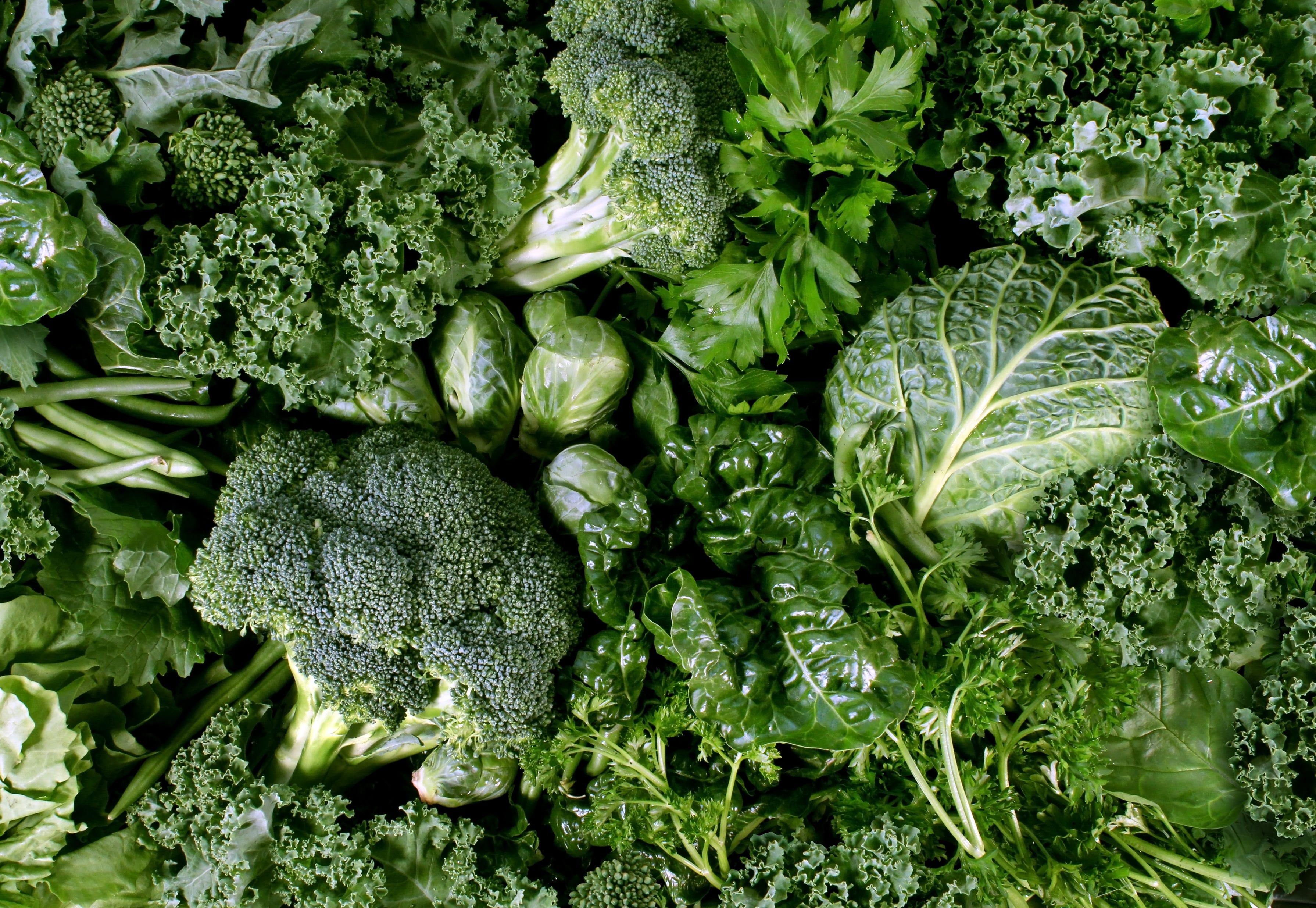Pregnant women need to ensure that their diet provides enough nutrients and energy for the baby to develop and grow properly. They also need to make sure that her body is healthy enough to deal with the changes that are occurring. For a healthy pregnancy, the mother’s diet needs to be balanced and nutritious – this involves the right balance of proteins, carbohydrates, and fats, and consuming a wide variety of plants like vegetables. Here are vegetables to eat during pregnancy.
Contents
6 Vegetables To Eat During Pregnancy
Legumes
This group of food includes lentils, peas, beans, chickpeas, soybeans, and peanuts (aka all kinds of fabulous recipe ingredients!).
Legumes are great plant-based sources of fiber, protein, iron, folate, and calcium — all of which your body needs more of during pregnancy.
Folate is one of the most essential B vitamins (B9). It’s very important for you and baby, especially during the first trimester, and even before.
You’ll need at least 600 micrograms (mcg) of folate every day, which can be a challenge to achieve with foods alone. But adding in legumes can help get you there along with supplementation based on your doctor’s recommendation.
Legumes are generally very high in fiber, too. Some varieties are also high in iron, magnesium, and potassium. Consider adding legumes to your diet with meals like hummus on whole grain toast, black beans in a taco salad, or a lentil curry.
Lentils
Whether you’re a meat eater or not, this vegetarian protein source deserves a place on your plate. A cup of cooked lentils packs around 17 grams of protein, along with about 7 milligrams of iron.
Lentils are also rich in the B vitamin folate (called folic acid in supplements), which is vital to forming your baby’s brain and nervous system and has a powerful protective effect against neural-tube defects like spina bifida, a birth disorder in which a spine does not form properly. Lentils are also high in fiber, which can keep your digestive system humming along and help stave off pregnancy-related constipation.
Edamame
You might know that the cooked soybean pods are a tasty source of vegetarian protein, serving up 18 grams per cup shelled. But they’re rich in other important pregnancy nutrients, too. A cup of edamame offers up nearly 100 milligrams of calcium, 3.5 milligrams of iron and 482 micrograms of folate.
Best of all, they’re easy to cook (the frozen pods can be steamed or microwaved in just a few minutes) and highly versatile. Top edamame with sea salt for a quick, satisfying snack, puree them with lemon juice and olive oil to make a creamy spread, or throw them into salads for a fast protein boost.
Broccoli and dark, leafy greens
No surprise here: Broccoli and dark, green vegetables, such as kale and spinach, pack in so many of the nutrients you’ll need. Even if you don’t love eating them, they can often be squirreled into all kinds of dishes.
Benefits include fiber, vitamin C, vitamin K, vitamin A, calcium, iron, folate, and potassium. They’re a bonanza of green goodness.
Adding in servings of green veggies is an efficient way to pack in vitamins and fend off constipation due to all that fiber. Vegetables have also been linked to a reduced risk of low birth weight.
Berries
Berries hold a lot of goodness in their tiny packages like water, healthy carbs, vitamin C, fiber, and antioxidants.
Berries have a relatively low glycemic index value, so they should not cause major spikes in blood sugar.
Berries are also a great snack, as they contain both water and fiber. They provide a lot of flavor and nutrition, but with relatively few calories.
Some of the best berries to eat while pregnant are blueberries, raspberries, goji berries, strawberries, and acai berries.
Nuts

Talk about small but mighty. Nuts are chock-full of important vitamins and minerals like magnesium, zinc, potassium and vitamin E, along with protein, fiber and healthy fats. Plus, they’re easily portable, making them an ideal on-the-go pregnancy snack.
Are certain types better than others? All nuts have their own unique nutritional profiles — and they can all fit into a healthy pregnancy diet. But some might be especially worth reaching for. Walnuts are rich in omega-3 fatty acids, while almonds deliver a welcome dose of calcium. And peanuts? They’re loaded with folate. (Who knew?)
Even though they’re high in fat, it’s mostly the healthy kind. Help yourself to plenty if you’re gaining weight slowly, and have just a moderate portion (a handful or so) if you’re gaining quicker.
Read more: Healthy Vegetables That Are High In Iron







